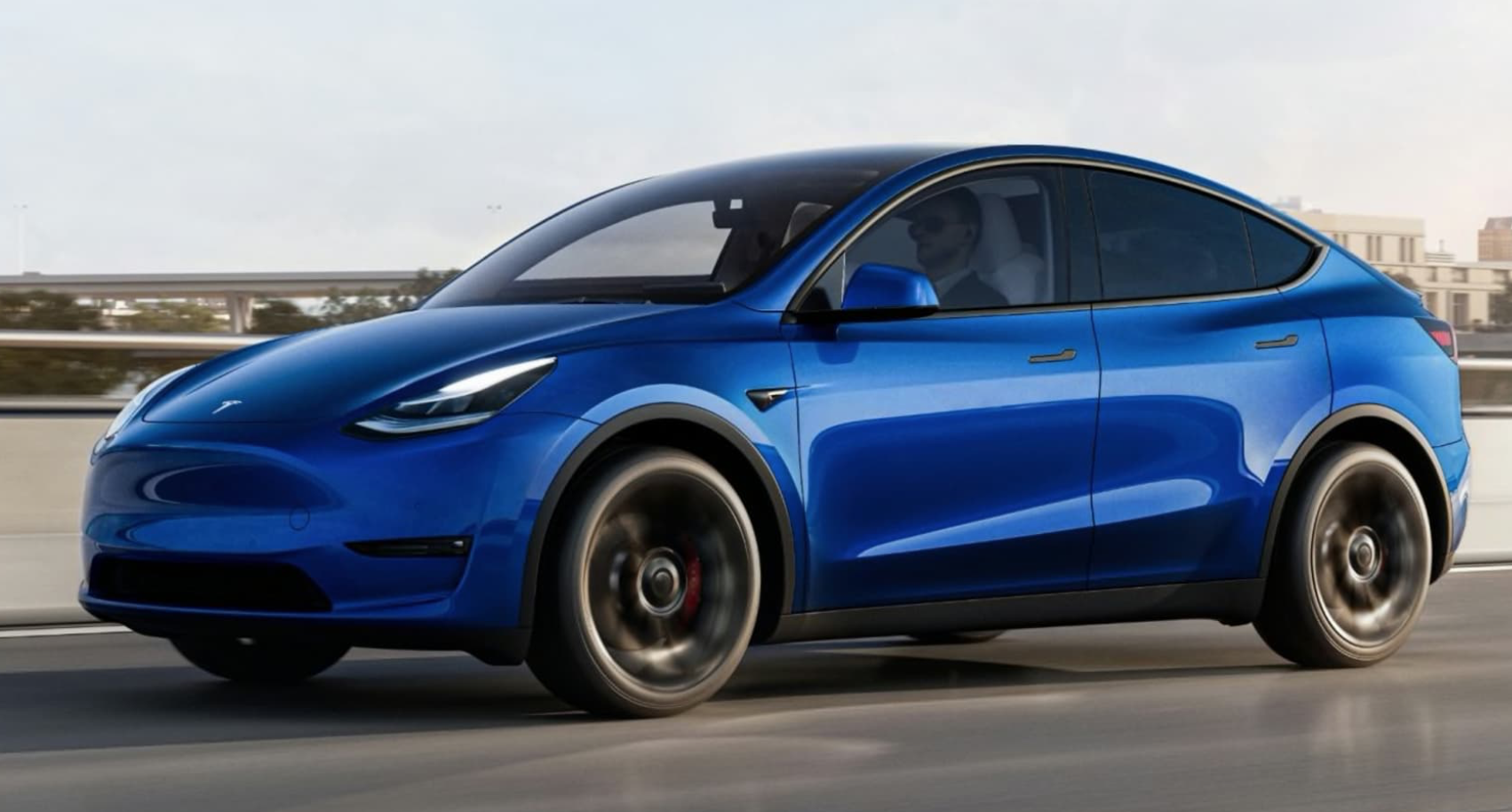
Split Belgian car market gets wider

The most popular car in Belgium these first nine months of 2023 is the Tesla Model Y. It gets a facelift for 2024 /Tesla
For the Belgian car market, 2023 will probably be the year that electrified cars took over. A positive side-effect is that the average CO2


Comments
Ready to join the conversation?
You must be an active subscriber to leave a comment.
Subscribe Today